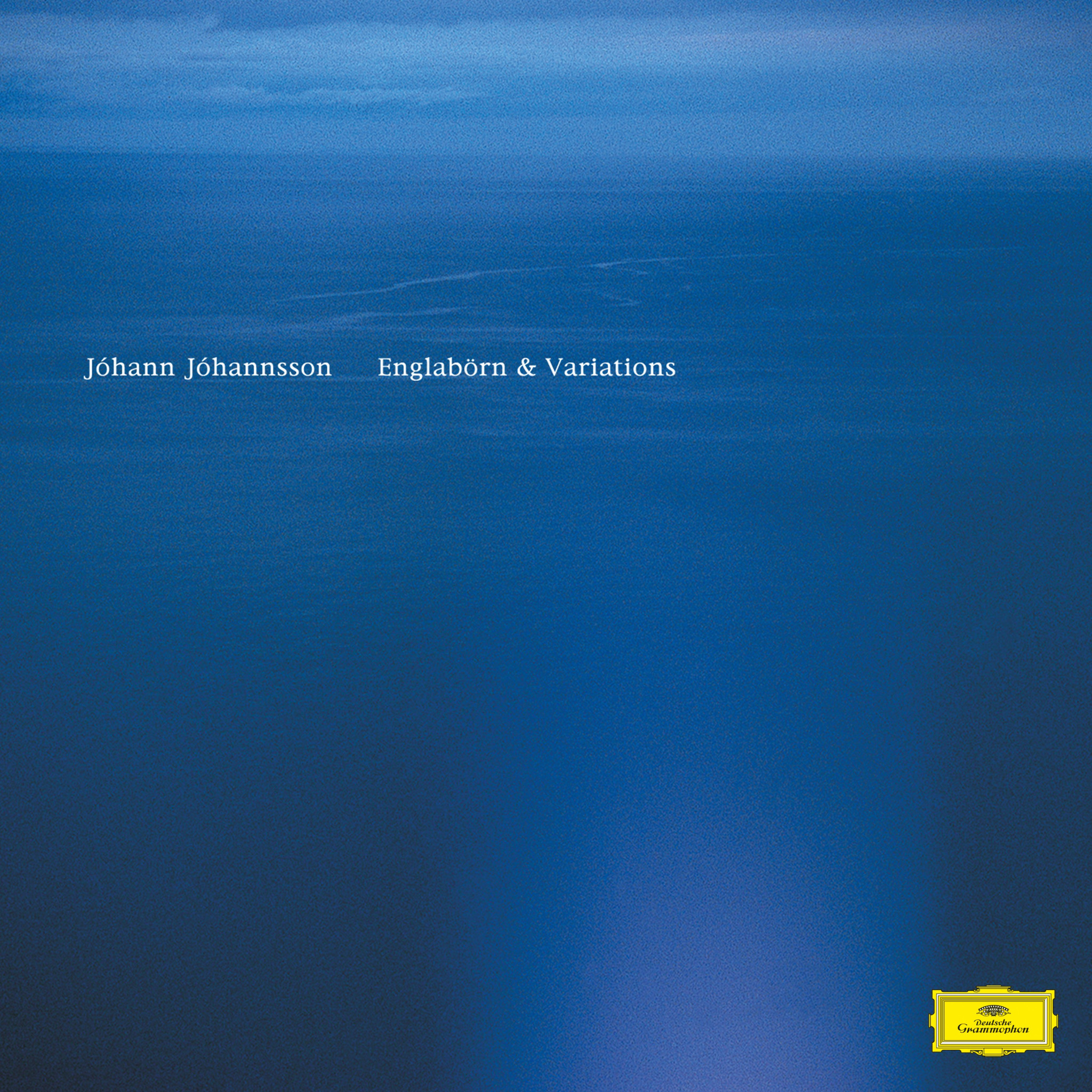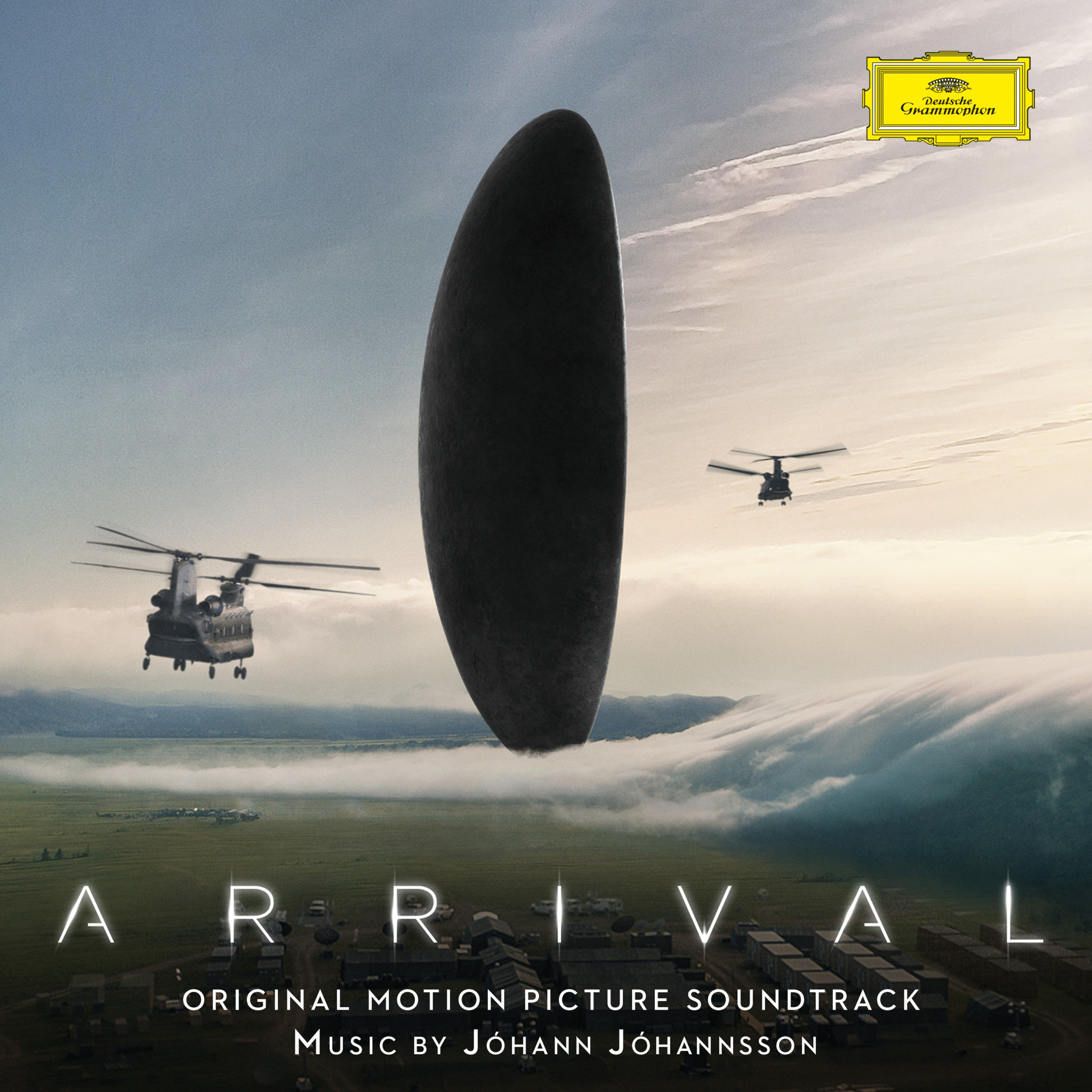Listen to the article's playlist as you read:
Although I wasn’t aware of it at the time, my inaugural meeting with Jóhann Jóhannsson was at a significant juncture of his career—a point where he had become famous in the local Reykjavik scene but was only just emerging onto the international stage. Hunched over a mixing desk in Reykjavik, he was working on the debut single from his band Apparat Organ Quartet called “Stereo Rock & Roll”.
Apparat was an ambitious and unique band that had begun with an obsession with vintage organs, morphed into a musical installation, and grew into an energetic, Krautrock-esque four-piece. It drew vague inspiration from Steve Reich’s 1970 minimalistic work “Four Organs,” but the band were absolutely maximal in their performances and aesthetic—as their upbeat, fun-loving debut single testified to.
The quartet was just one of Jóhann’s many musical projects. Born in Reykjavík in 1919, he had learned piano and trombone from a young age but abandoned them for literature and languages at the University of Iceland. He never gave up on his love of music though, hungrily absorbing the record collections of his parents and sister, which ranged from classical music to 1970s experimental rock and everything in between.
In the late 1980s he formed his first band: a drone-drenched ‘shoegaze’ outfit known as Daisy Hill Puppy Farm whose music was played by legendary British DJ John Peel, and which received fan mail from none other than Steve Albini. In the 1990s, Jóhann joined Icelandic metal-rock band HAM (whom he would later credit for helping him create epic onstage atmospheres), played in indie bands such as Olympia and Unun, and took on keyboard duty for synthpop band Lhooq—a band that achieved some crossover fame and led to Jóhann’s co-production credit on Marc Almond’s 2001 album Stranger Things.
In 1999, alongside jazz/improv player Hilmar Jenssen and electronic musician/visual artist grad Kira Kira, Jóhann co-founded Kitchen Motors. A blend of think tank, art organisation and music label, it encouraged interdisciplinary collaborations between artists and musicians from the worlds of punk, jazz, classical, metal and electronic music, including members of múm, Sigur Rós, Mancunian musician Barry Adamson and more.
“Scenes in other countries are more compartmentalised than ours,” Jóhann explained to me. “There aren’t enough people here to form a scene just for one genre; we are kind of forced to be together. It’s also a very artistic community. There’s always some family connection to music and the arts and we also have a strong need for independence.”
In 2004, Kitchen Motors released a compilation called The Family Album to celebrate their fifth anniversary. In typically eclectic style, it featured music from noise artists, a 77-year-old grandma who made lo-fi pop, and some thundering techno. But Jóhann was already taking a personal interest in contemporary classical and old electronic music such as musique concrète, and in 2002, he released his debut solo album, Englabörn.
Inspired by, and named after, a dark piece of theatre by fellow Icelander Havar Sigurjónsson, it took a contrastively sentimental approach, blending together robotic vocals, music box chimes and orchestral flourishes. Although it came over a decade after he started making music, Englabörn steered Jóhann’s life and work into a whole new direction, and could even be said to have kick-started his international career.
His work from that point on—solo albums such as Virdelgu Forestar; IBM 1401, A User’s Manual; Fordlandia; Orphée and Englabörn & Variations, as well as celebrated, award-winning film soundtracks such as Sicario, Arrival, The Theory of Everything and Mandy—increasingly captured hearts and minds across the globe. He was just 48 when he tragically left us in 2018, and it’s difficult for us fans not to wonder what other exalted musical statements he might have achieved were he still alive today.
On the other hand, his legacy is immense and powerful; perhaps suitably so for a musical visionary whose creative outlook was shaped by a land of fire and ice.



